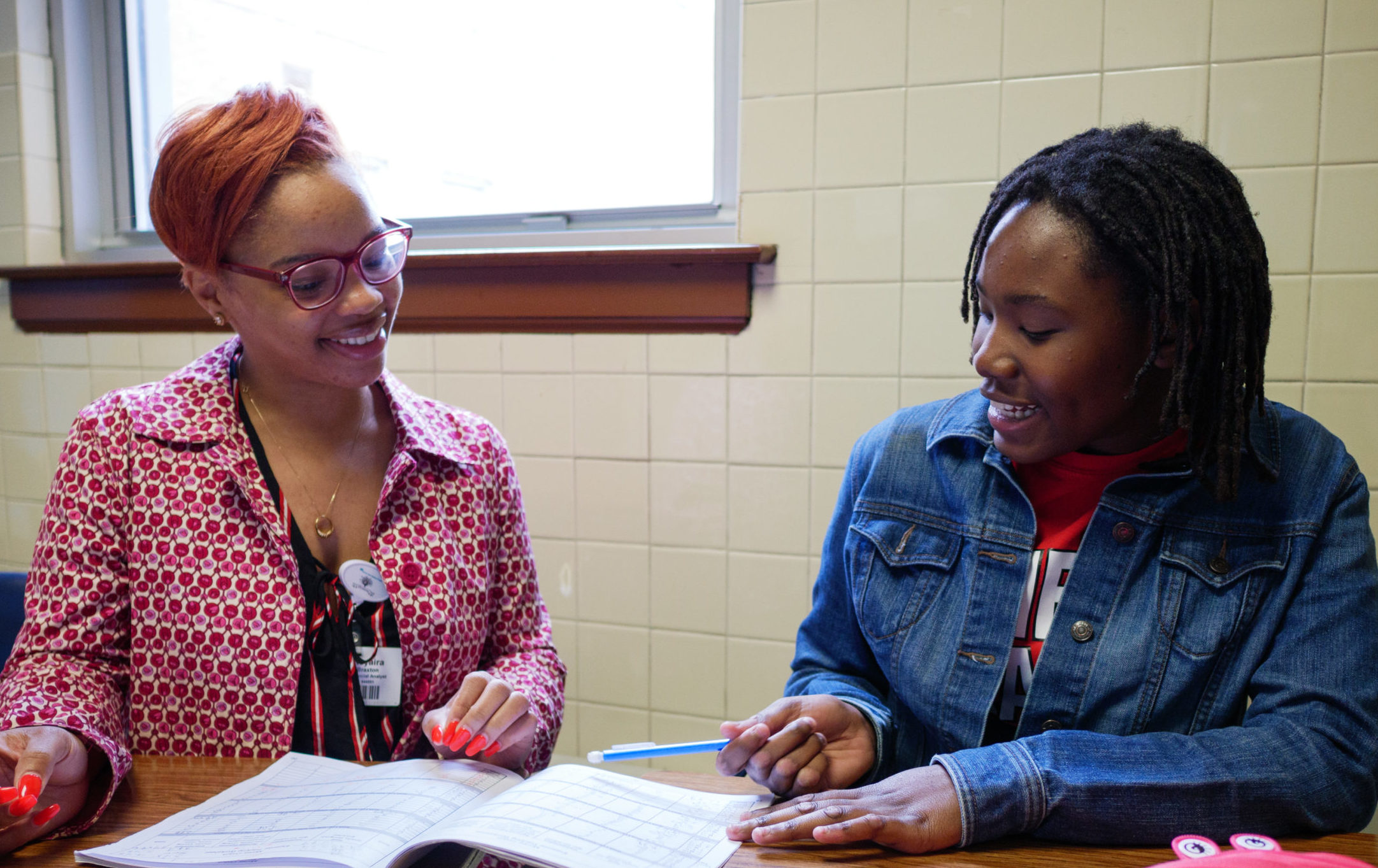Why is it important to think about what we can’t do?
by Kristen Ruhl, Program Director
Last year, the Financial Industry Regulatory Authority (FINRA) released the results of its latest study on nationwide financial capability across every demographic group. There was a lot of eye-opening data to absorb, but at SecureFutures we got especially excited as we looked at the numbers for young adults aged 18-24. In several categories, young people who have completed Money Coach report better money management habits and greater financial security compared to national averages, even several years out from their participation in the program. One particularly inspiring data point is that 92% of young adults who have completed Money Coach are confident in their ability to achieve financial goals, compared to 76% of peers nationwide. This makes me optimistic for our students’ futures.
 I’m proud of the work our team has done to build Money Coach over the past eight years, and it’s great to have confirmation that this program has this impact. But it’s important for me to remember that Money Coach is successful precisely because it didn’t come from us — it came directly from young people in under-resourced communities, who shared what they needed in order to feel confident in their financial capability. We trusted that they knew best what they need to succeed, and they were right.
I’m proud of the work our team has done to build Money Coach over the past eight years, and it’s great to have confirmation that this program has this impact. But it’s important for me to remember that Money Coach is successful precisely because it didn’t come from us — it came directly from young people in under-resourced communities, who shared what they needed in order to feel confident in their financial capability. We trusted that they knew best what they need to succeed, and they were right.
It’s also important to remember the limits of our particular mission. Money Coach equips teens with supportive mentorship, knowledge, tools, and habits to overcome obstacles and successfully navigate our current financial system. But as Brenda talked about in her most recent blog post, there are deep changes needed in the system itself. Financial education and mentorship are important, but they aren’t enough to bring about systemic change.
And that’s just within the financial sector. These past few weeks, we’ve gotten several stark reminders of how far we still need to go in building institutions and communities which offer everyone true safety, support, and the opportunity to thrive.
This reality sometimes makes me feel overwhelmed, even paralyzed. I want to be part of the solution, but the problem is so big and deeply rooted. There’s so much I can’t control. Plus, with the privileges I have, the system actually rewards my complacency. Do you ever feel that way, too?
What helps me is to start by thinking small. There’s a lot I can’t do, at least not on my own. I may not have the power to effect huge changes in policy or institutional practices. But I do have a personal, specific sphere of influence: my family, my friends, my professional connections, the money I donate, the ways I spend my spare time.
Recently, several members of our team at SecureFutures participated in a reading group discussing Ijeoma Oluo’s book So You Want To Talk About Race. I was grateful for the opportunity to talk together about how we can grow in our commitment to anti-racism and equity as individuals and as an organization. One of the things I found most helpful about the book was the list of specific, practical steps Oluo shared at the end about how to put the ideas she discusses into practice.
We can vote in local elections and support candidates that make equity issues a priority. We can speak up in our professional organizations, our unions, our clubs, or our churches, especially if those spaces are dominated by people who share our specific privileges. We can push for more equitable hiring practices in the companies we work for. We can create space for diverse voices and perspectives in meetings, decision making, and leadership. We can support local businesses owned by people of color or people from other marginalized groups. We can ask questions about what’s being taught in our schools or what government services are getting the most funding in our communities. We can expand the books we read, the movies we watch, and the podcasts we listen to, prioritizing the voices of people who experience the world differently than we do.
There are so many things we can’t do, as individuals or as an organization. But recognizing what we can’t do frees us up to recognize what we can. I encourage you to take some time to reflect on your specific sphere of influence, and the opportunities that you have to take small but impactful actions towards a more just world. If we are all working in the same direction, those little actions will add up to more than we could ever achieve on our own.



